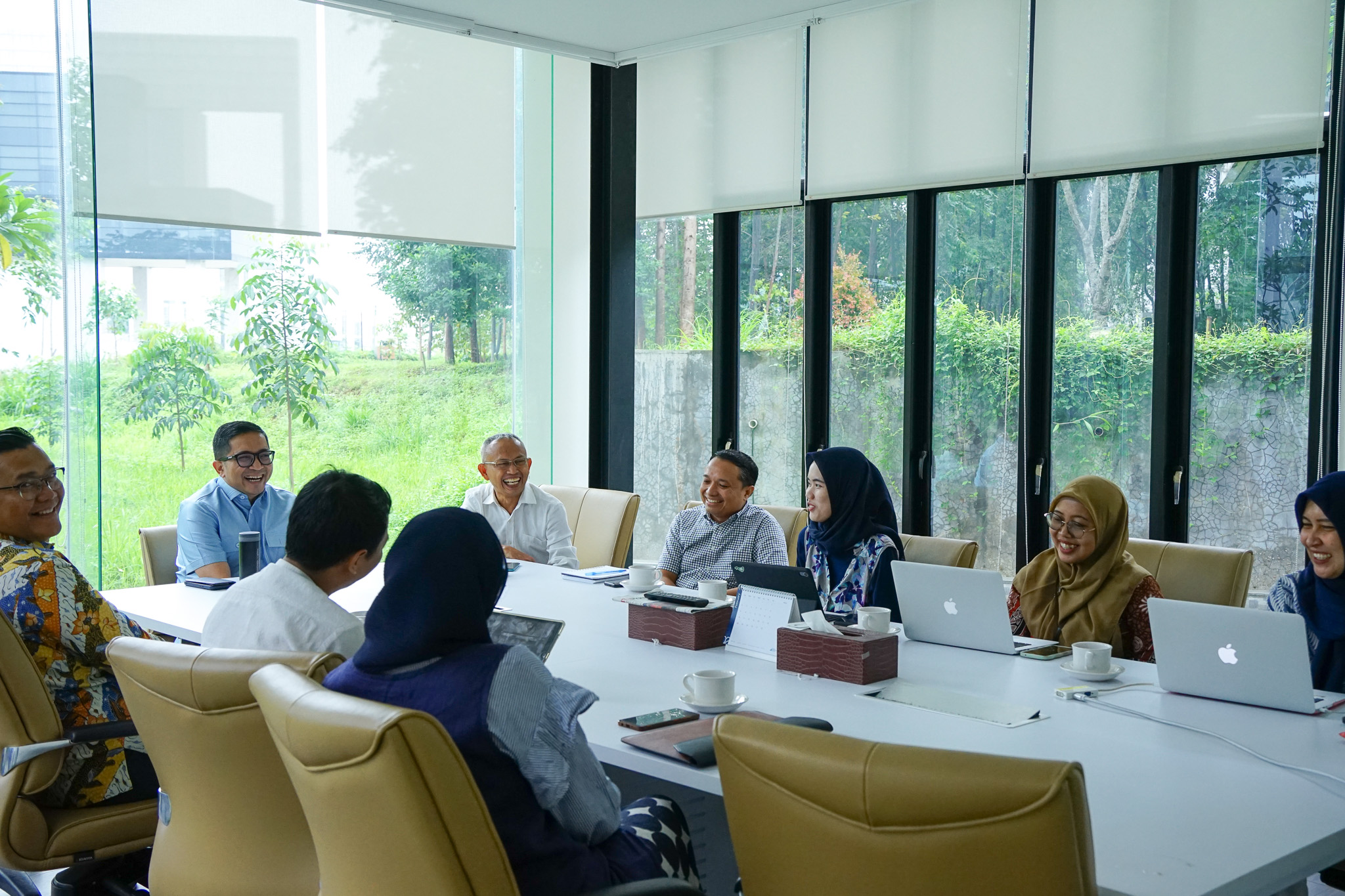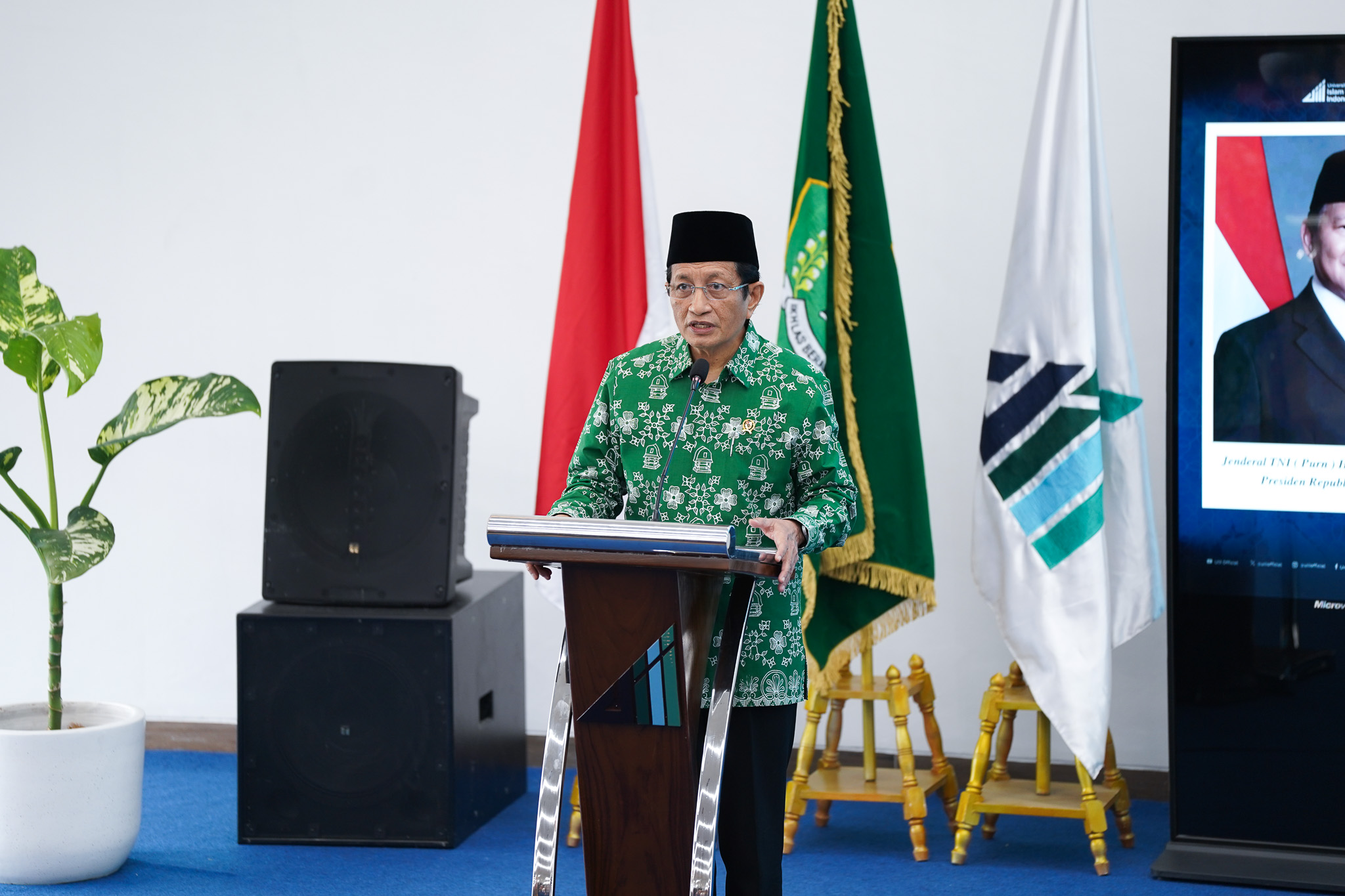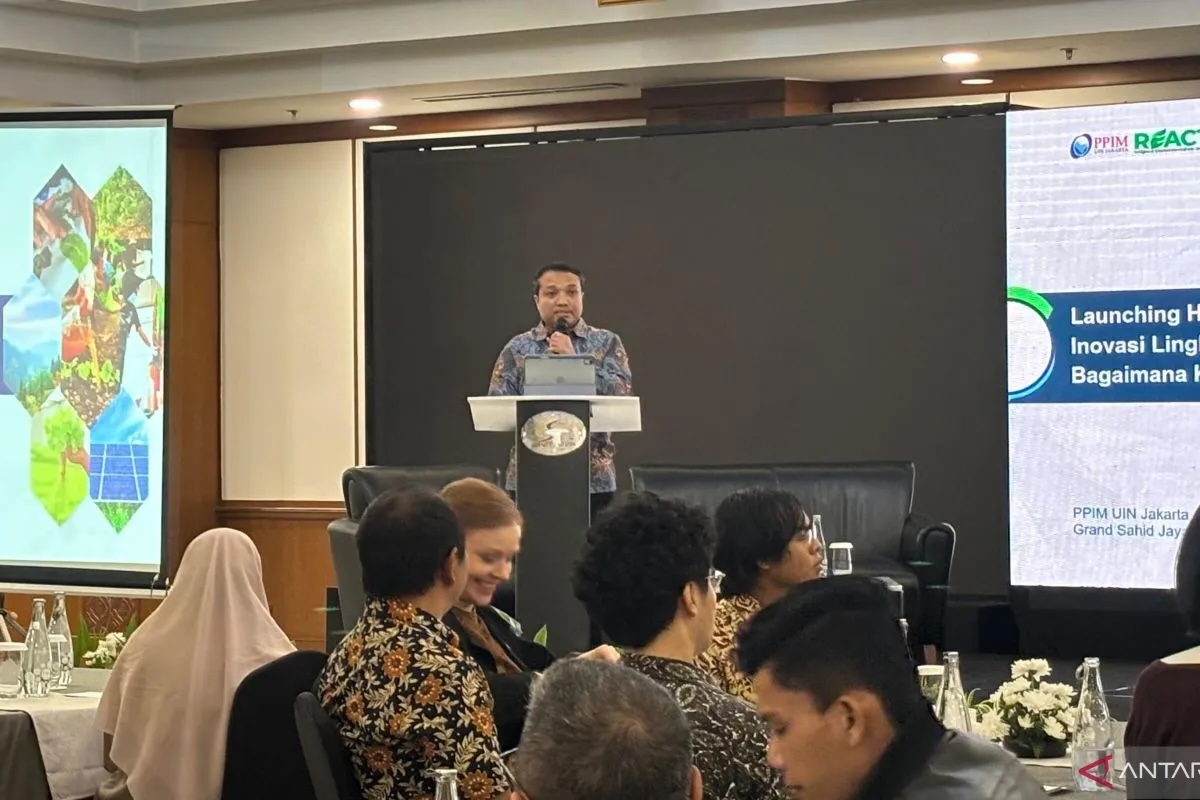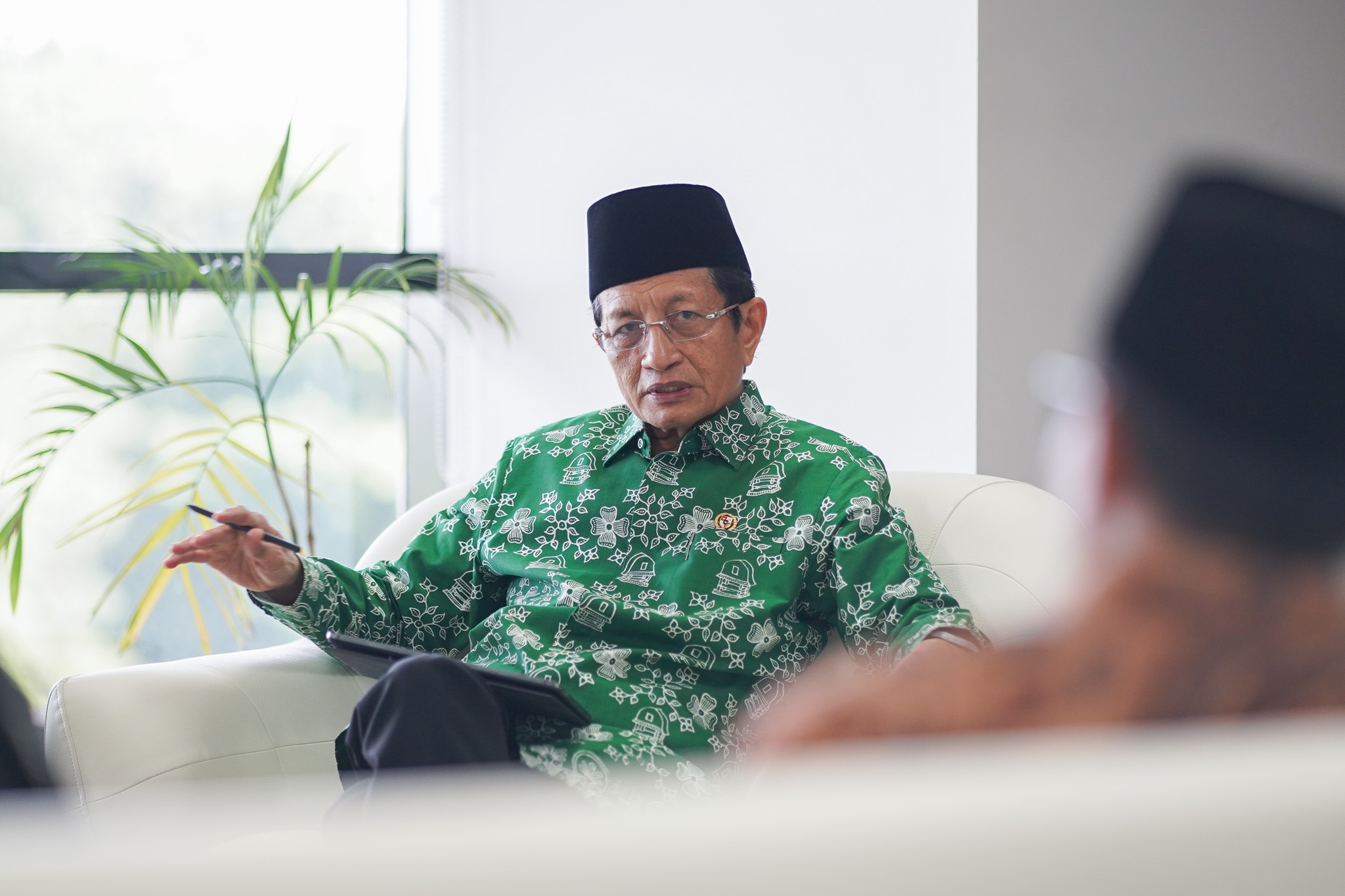Upcoming International Conference: Faith, Science, and the Future of Environmental Action
February 17, 2025Contributor: Dadi Darmadi | Photo: Sarah Permatasari

As the climate crisis intensifies, religious communities worldwide are increasingly stepping forward to address environmental challenges. In Indonesia, the movement known as Green Islam is gaining momentum, rooted in the Islamic principle of stewardship (khalifah fil ard) to promote sustainable practices. This faith-driven environmentalism will take center stage at the International Conference on Religion and the Environment, hosted by PPIM UIN Jakarta and FOSS Universitas Islam Internasional Indonesia (UIII), from July 16 to 18, 2025.
Faith-Based Environmentalism in Action
Recent research by PPIM UIN Jakarta highlights the pivotal role of mosques, religious schools, and Islamic organizations in fostering environmental awareness. Many communities have successfully integrated waste management programs grounded in Islamic principles of cleanliness (taharah), while others have reallocated zakat (charitable donations) and waqf (endowments) to fund solar panels for mosques and support reforestation efforts. These findings suggest that the intersection of faith and environmental responsibility can yield a profound and lasting impact.
"Islam teaches harmony with nature, yet environmental consciousness is often dismissed as a secular issue," said Didin Syafruddin, Executive Director of PPIM UIN Jakarta. "This research proves that when faith and environmental responsibility intersect, the impact is profound and lasting."
At the PPIM research launch event on February 12, 2025, in Jakarta, leading experts from various sectors discussed how religious values could shape broader climate strategies. Speakers included Andhyta F. Utami, CEO of Think Policy Indonesia; Prof. Soeharko, a sociologist from Gadjah Mada University; and Hening Parlan, Director of GreenFaith Indonesia. Their discussions reinforced a key message: faith-based environmentalism is more than just a cultural movement—it has the potential to influence national and global policies.
Key Themes of the 2025 Conference
The upcoming conference at UIII will explore the intersection of religious teachings, scientific advancements, and policy frameworks to drive environmental sustainability. One of its central themes will examine how religious teachings integrate environmental ethics and influence conservation efforts. Scholars will also discuss the role of eco-theologians and faith-based environmental activists in bridging science and religion. Additionally, the conference will highlight the role of religious education institutions in shaping environmental awareness, particularly within Islamic schools and universities.
Another critical focus will be faith-based environmental activism and interfaith collaboration. Case studies from Indonesia and beyond will showcase how religious organizations lead conservation initiatives. The conference will also explore how different religious communities can work together to tackle climate change. Discussions will include gender dynamics in religious environmentalism, as well as the economic implications of sustainability, particularly how religious communities can promote ethical consumption and investment.
Beyond activism, the conference will address the policy implications of religious environmentalism. Experts will examine how religious values influence environmental policymaking at both local and global levels. The potential for greater governmental support for faith-driven sustainability projects will also be explored. Additionally, ethical considerations in climate negotiations will be a key focus, particularly the role of justice, equity, and sustainability in shaping effective climate policies.
A Global Model for Faith-Driven Sustainability?
Indonesia’s Green Islam movement presents a compelling model for how religious institutions can drive environmental change—not just nationally, but on a global scale. As faith-based initiatives continue to gain recognition, they challenge the common perception that religion and science are in conflict. Instead, they highlight faith as a powerful motivator for sustainability and climate action.
The upcoming International Conference on Religion and the Environment will serve as a key platform for religious leaders, scholars, environmentalists, and policymakers to exchange ideas, foster collaboration, and explore how faith can shape a sustainable future for all.
More information can be accessed here:
https://conferencein.ppimcensis.or.id/
- Hartford International University for Religion and Peace Signs MOU with UIII for Future Academic Partnership
- Professor Dian Masyita Honored as a Changemaker in Empowering Communities
- Bridging the Archipelago and the Nile
- Renowned Al-Azhar Rector Sheikh Salamah Dawud to Deliver Public Lecture at UIII Campus in Depok
- Info Session on FEB’s Dual Degree Programs Through LPDP Scholarships
- UIII Land Clearance Marks a Milestone Toward a World-Class Islamic University
- American Imam Abdul Malik Mujahid Visits UIII, Encourages Stronger Ummah to Support Muslim Minorities
- Gate Design Competition of UIII Campus: Call for Innovative Architects
- Ministry of Religious Affairs Welcomes Prof. Dr. Suyitno as Director General of Islamic Education
- Prof. Kamaruddin Amin Inaugurated as Secretary General of the Ministry of Religious Affairs


